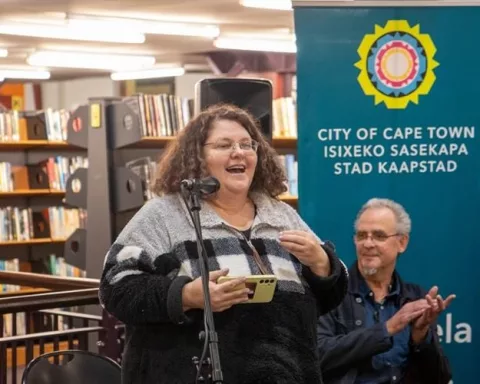The iconic Bentley Speed Six has made a grand return at the Goodwood Festival of Speed after 93 years. The most successful racing car in Bentley’s history, the Speed Six holds a special place in the brand’s legacy. This article delves into the creation of the Bentley Speed Six Continuation Series, developed by Mulliner, Bentley’s bespoke and coachbuilding division.
A New Chapter Begins
Bentley’s first new Speed Six, known as Car Zero, will undergo a comprehensive development program, including real-world durability and track-based testing, before joining Bentley’s collection. The twelve customer cars have already been sold, reflecting the anticipation surrounding this iconic model.
A Labor of Love and Authenticity
The Bentley Speed Six Continuation Series is not just a replica. These continuation cars are built to the same designs and using the same processes as the original models. Mulliner’s first pre-war continuation was the Blower Continuation Series, and the Speed Six follows in its path. Extensive research has been conducted to ensure the authenticity of the Speed Six, particularly in regards to the specifications and setup of the original cars for the 1930 24 Hours of Le Mans.
Craftsmanship and Attention to Detail
Over 600 individual parts have been created for the new 6½-litre six-cylinder race-spec engine, which has shown to develop 205 bhp, within 5 bhp of the original race-tuned engines in 1930. Mulliner team members have worked closely with the archives at the National Motor Museum in Beaulieu, Hampshire, to offer five authentic period Parsons exterior paints. The Speed Six Car Zero is finished in Parsons Napier Green, with a Tan leather interior.
Preserving the Art of Coachbuilding
The construction of Speed Six Car Zero has taken ten months, involving an exceptionally skilled team of Mulliner artisans and specialists. The project’s primary goal is to develop and retain modern and traditional coachbuilding skills, with experienced craftspeople working alongside the younger generation to pass on their knowledge.
Tailoring to Individual Needs
Over the next six months, customers will have the opportunity to discuss their specifications in personal commissioning sessions. A personal fitting service will be offered in the second development car, known as Speed Six Factory Works, ensuring each car is tailored to the individual customer’s comfort needs.
A Rigorous Validation Program
The validation program for Speed Six Car Zero is comparable to that of Blower Car Zero, comprising real-world mileage accumulation and two race simulations.
A Racing Legend
The Speed Six, a high-performance version of the 6½ Litre, became the most successful racing Bentley in history, winning Le Mans in 1929 and 1930. The victories cemented its place in Bentley’s legacy, with the dominant performance at the 1929 race setting a new benchmark that remained unattainable for nearly 30 years.
Testing and Delivery
As Car Zero’s construction is now complete, a rigorous testing program will commence. The program aims to achieve the equivalent of 35,000 kilometers of real-world driving across 8,000 kilometers of track driving, ensuring the highest standards of quality and durability. The first customer car will begin construction in October this year, with the series of twelve customer cars scheduled for completion by the end of 2025. Each car will take ten months to complete, showcasing the dedication and craftsmanship that goes into reviving this automotive icon.








